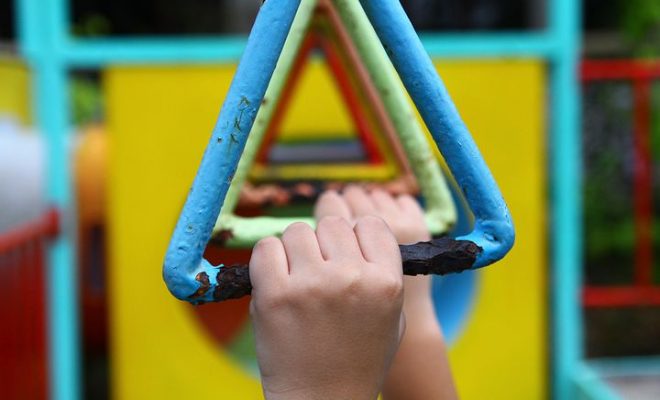Benefits of Learning Through Play

When it comes to education, parents and educators strive to provide their children with as many advantages as possible. What they may not realize is that children learn a great deal simply by playing, whether alone or with other children. This does not imply that parents and educators must arrange playtime, devise sophisticated programs, or give expensive toys for children to gain from play. Through play, children naturally enhance their communication skills, cognitive growth, and social capacities.
Play improves communication skills
Learning through play aids in the development of language, communication, and listening abilities in children. As they play, children talk, learn new words, and hone their communication skills. Playing also helps children to construct and explore their own stories, which aids in the development of cohesive story-telling abilities.
Even when children are playing alone, they frequently talk to themselves and employ sound effects that aid in the development of language abilities. When children play together, they learn how to listen and communicate with one another so that they may understand one another. Children can even use play to express their preferences and transmit messages in different ways. For example, children may choose to play primarily with toys of their preferred color, or they may demonstrate an interest in animals by playing with plush animals or figurines.
Play promotes the development of social skills.
Playing with other children increases not only communication abilities but also social capacity. Playing with others teaches children to share, understand the repercussions of bad behavior, and get along with others. Play is essential for good emotional development, language development, and learning to attach and interact effectively with others. Children should be socialized from a young age so that when they start school, they already know how to work well with others and can succeed in a group learning environment,
Playing is a vital and often overlooked aspect of a child’s development. Free play can help with communication, cognitive growth, and social capacity. Parents and educators may help children realize the benefits of play by providing age-appropriate toys, the opportunity to play alone and with other children, and time to play indoors and outside. Play may also be a wonderful way for children and their parents to bond.
Play contributes to cognitive growth.
Play helps children develop problem-solving abilities, decreases stress, improves motor skills, fosters independence, and encourages creativity. Simple toys such as building blocks felt forms, and figurines can help children acquire these skills.
As children grow older, providing them with more age-appropriate toys can aid their development. For example, younger children require toys that cannot be broken or swallowed, whereas somewhat older children can play with Legos to further develop their cognitive skills. Outdoor play is especially beneficial since it keeps youngsters active while also allowing them to benefit from being outside. A combination of indoor and outdoor play teaches children when and how to play with toys, when to play quietly, and when to express their energy.






